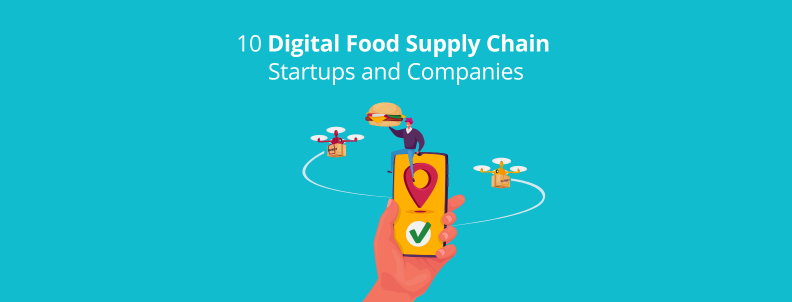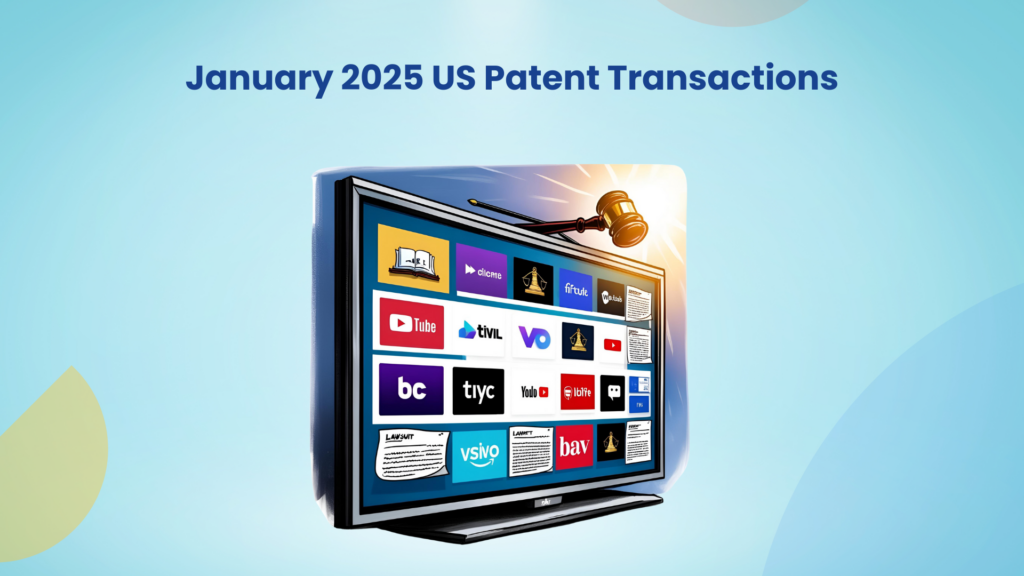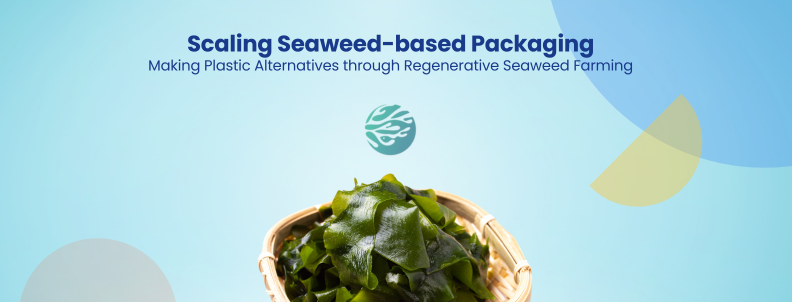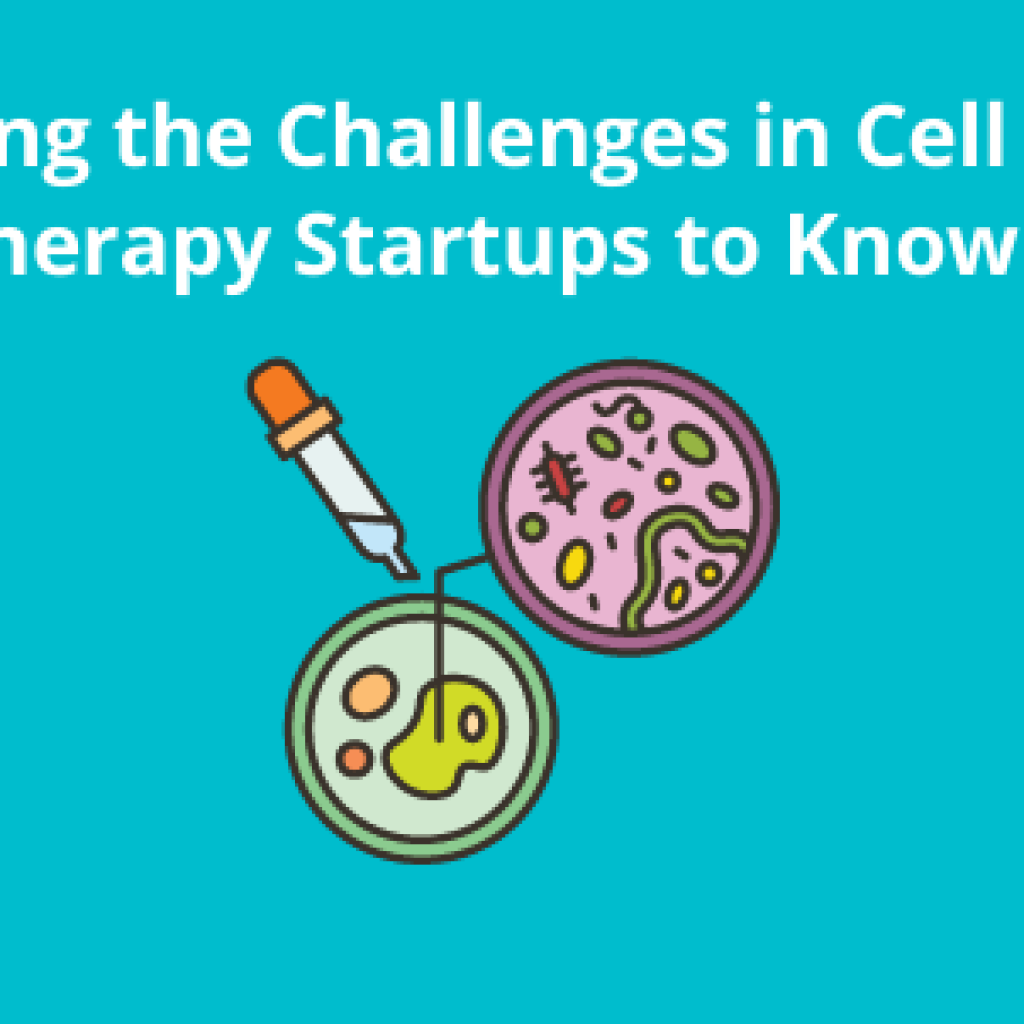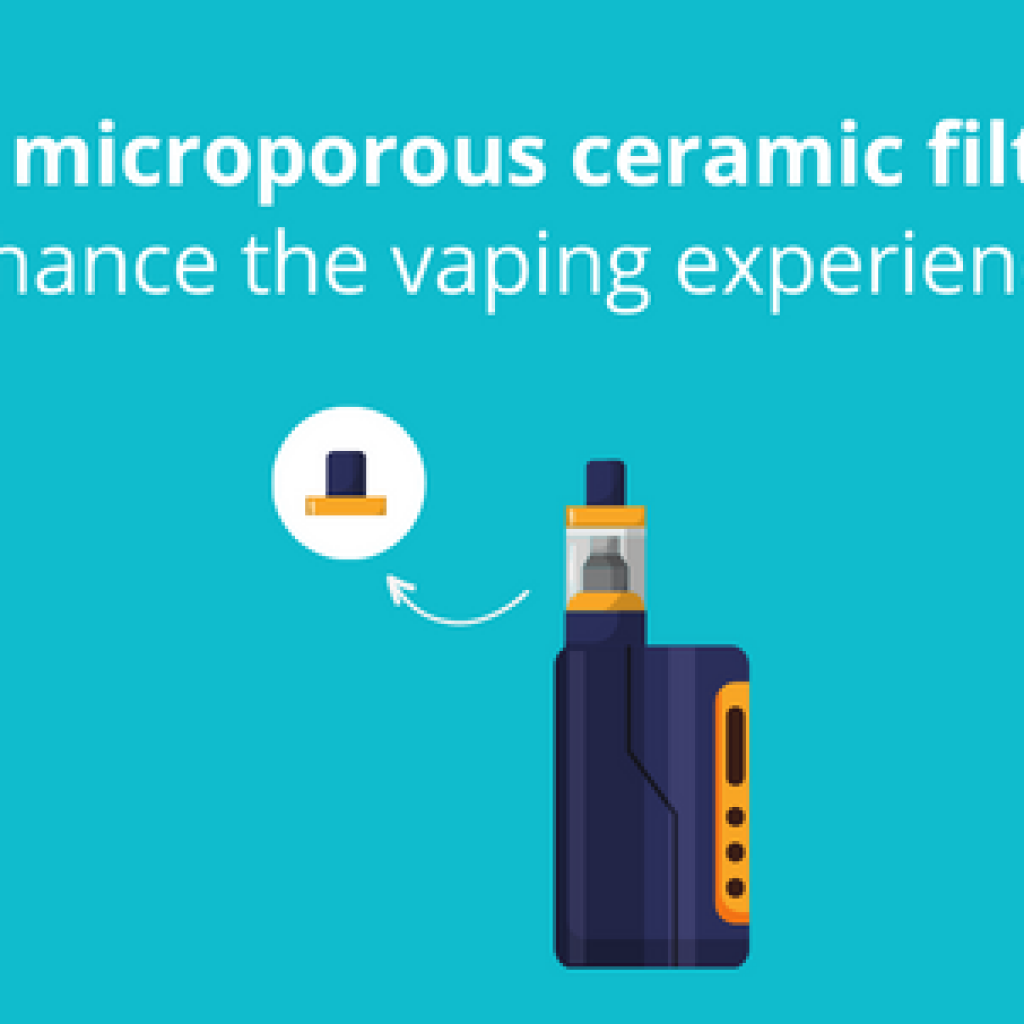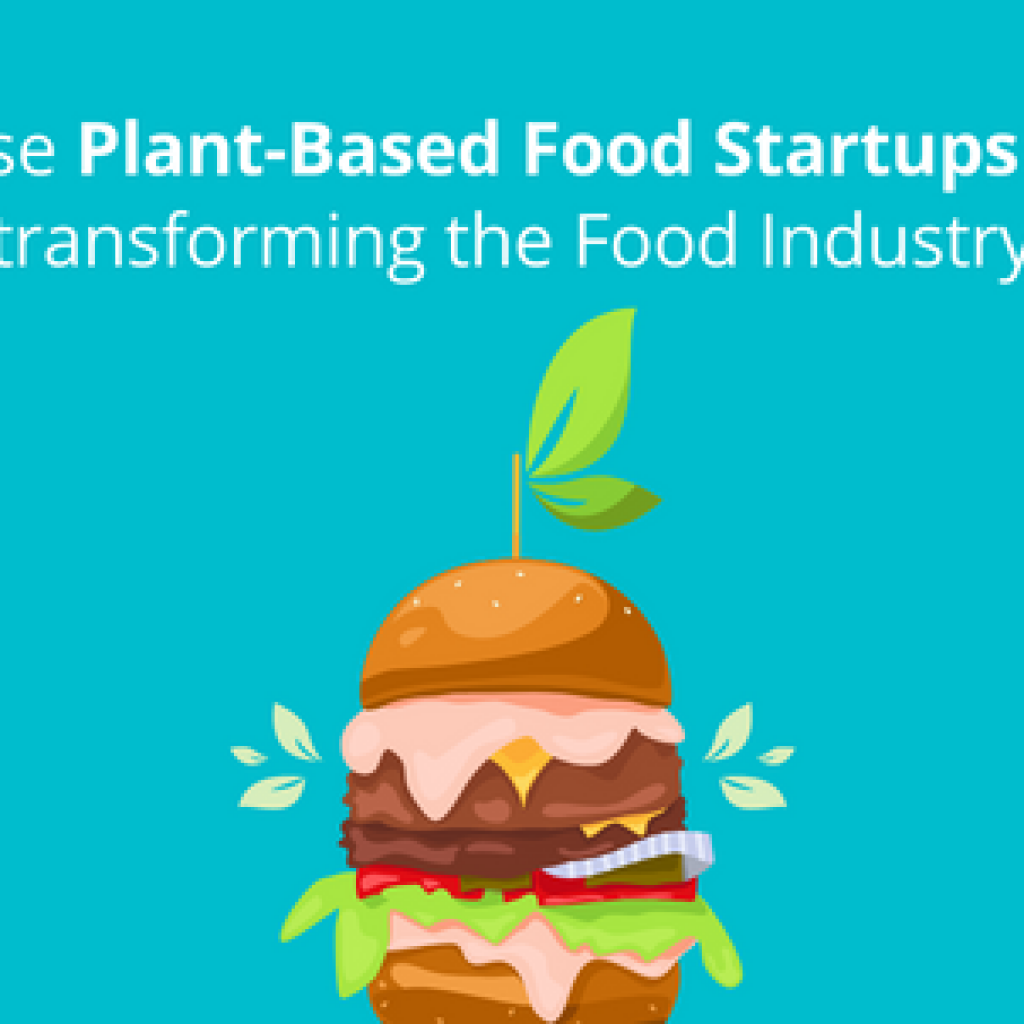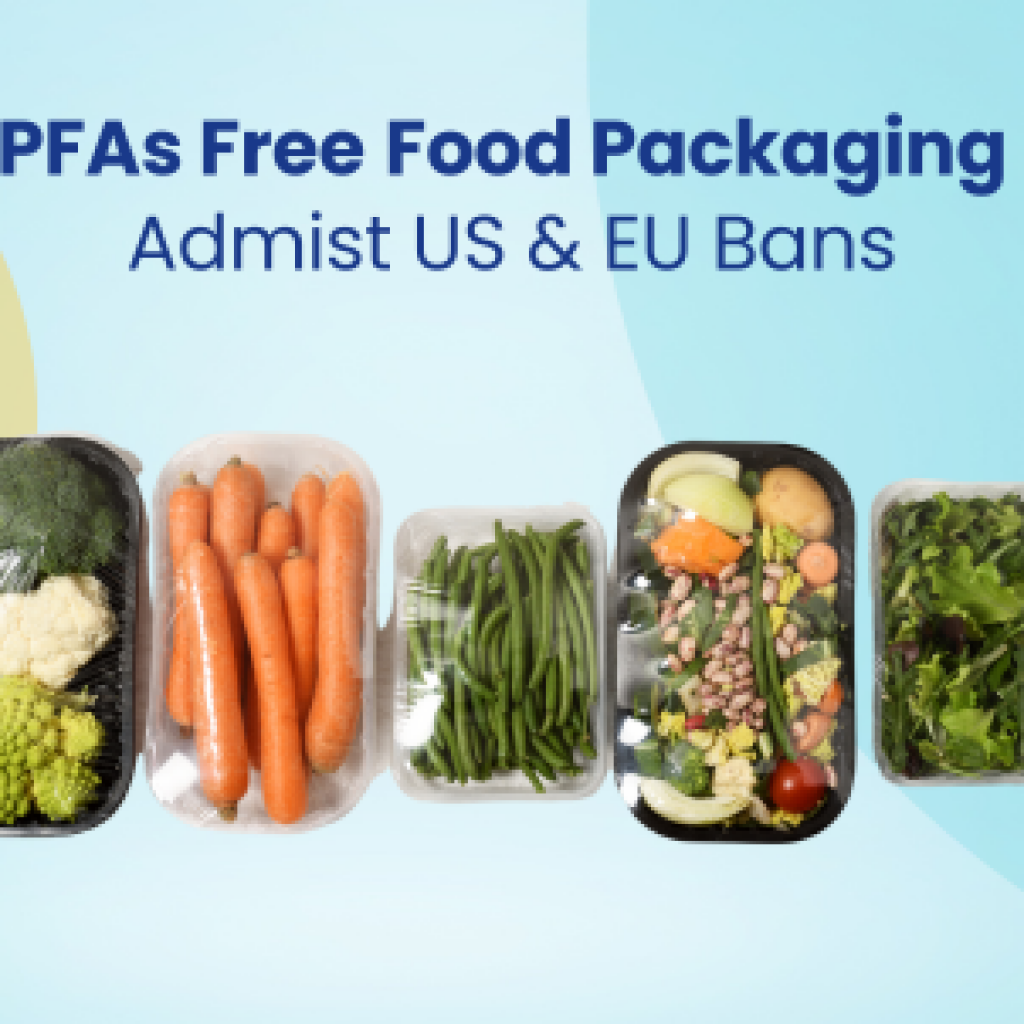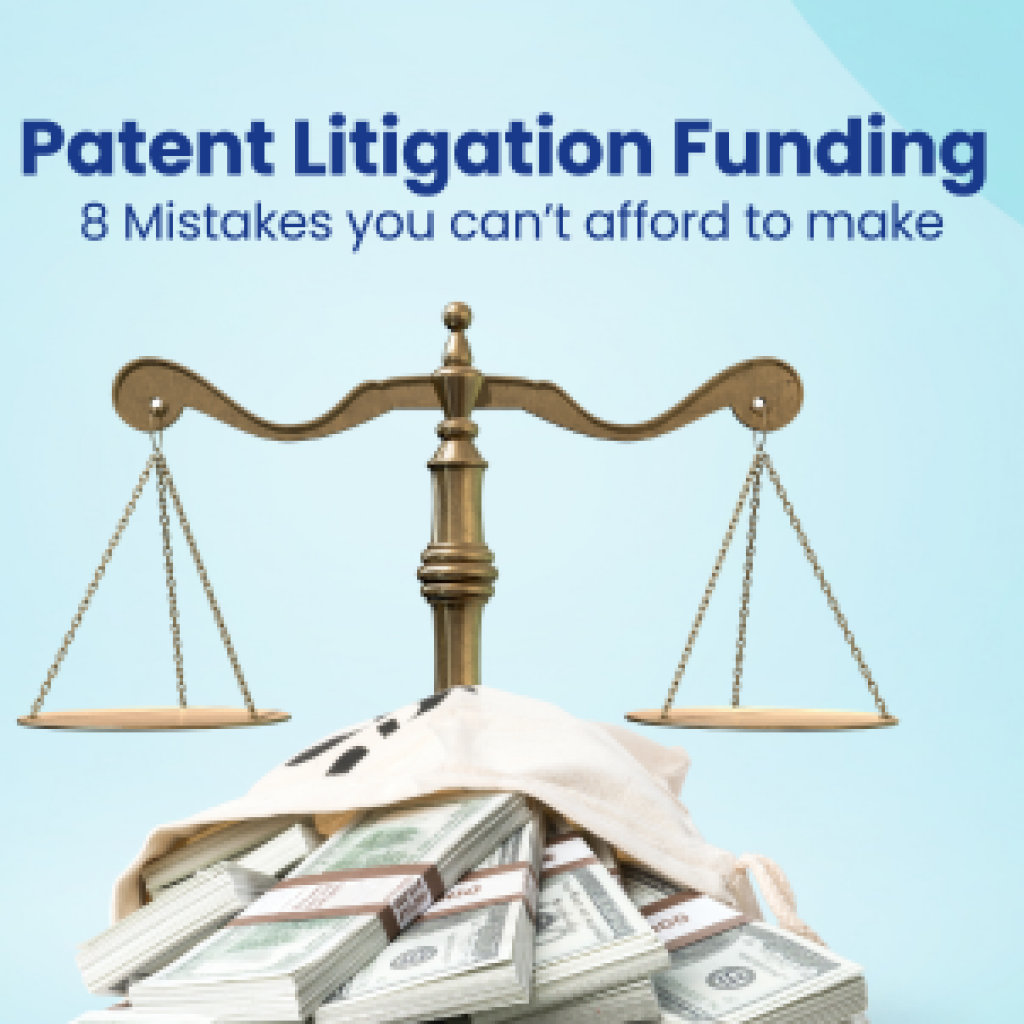A digital supply chain involves using advanced technologies and insights to help stakeholders make better decisions about resources as per the customers’ demand. Since food supply chains increasingly rely on big-data management solutions to boost collaboration and improve business performance, going digital was the natural next step.
As a result, the digital Food supply chain has become one of the top innovation trends of food tech.
Further, in agriculture supply chains, digitalization provides an opportunity to connect stakeholders, such as farmers, processors, and distributors, on one platform. Thereby providing a means to
- Effectively monitor agriculture production,
- Make informed decisions about the processing, storage, and distribution of agricultural products,
- Assist with tracking and tracing the movement of food, which is critical during a food safety recall,
- Track agricultural products. (Source)(Source)
Despite the perks, data management, interoperability, cybersecurity, and infrastructure challenges remain a roadblock to a seamless digital supply chain.
The good news is that with challenges come solutions, and we are here to help you find them. In this article, we will discuss companies and startups providing and researching digital food supply chain solutions for some major challenges.
Apart from Digital Food Supply Chain, if you wish to know more innovation trends in Food Tech, fill out the form below and get the complete report:
Now, let’s get to the latest trends and cutting-edge solutions in the Digital Food Chain Supply industry – you wouldn’t wanna miss these out!
Major Companies Working on Digital Food Supply Chain
1. SAP Digital Supply Chain
SAP Digital Supply Chain is a suite of solutions designed to optimize and streamline the food supply chain. This suite provides real-time visibility into the supply chain, allowing for more efficient tracking of food products from farm to table. Additionally, companies can manage procurement, production, inventory, and distribution all on one platform, reducing inefficiencies and improving accuracy. Not just that, the suite incorporates blockchain technology to ensure transparency and traceability throughout the supply chain, with the motive of enhancing food safety and reducing the risk of fraud. Overall, SAP Digital Supply Chain wants to assist companies in making data-driven decisions, reducing waste, and ensuring the highest quality of products. (Source)
2. Radhakrishna Foodland Pvt. Ltd.
Radhakrishna Foodland, a leading Indian food retailer, provides digital food chain supply by leveraging advanced technology to optimize its supply chain operations.

They use an integrated system to track and monitor their products from the farm to the shelf while providing real-time visibility and trying to ensure the highest quality and safety standards. This system comprises a mobile app for farmers to supply their products and reduce intermediaries to improve efficiency directly.
Additionally, Radhakrishna Foodland’s digital supply chain enables them to reduce waste by predicting demand and adjusting their inventory accordingly. The company also offers online ordering and home delivery services for convenience and flexibility for customers. (Source)(Source)
3. Infosys Digital Supply Chain
The Infosys Agriculture practice provides digital supply chain solutions for the smooth movement of input, goods, and information throughout users’ organizations. The company uses machine learning algorithms with operational and geospatial data to create self-adaptive food supply chains.
By integrating discrete pieces across the crop lifecycle, Infosys modernizes users’ agricultural supply chains. Furthermore, supply chain visibility and traceability systems develop good practices and address sustainability criteria such as land and labor rights. A coordinated agricultural supply chain assists farms and food businesses in reducing waste and inventory expenses. Additionally, real-time supply chain data enables integrated resource planning in response to food trends. (Source)
In 2020, Vantiq partnered with Infosys to create an innovation accelerator that enables the rapid development of real-time solutions for managing digital supply chains. The accelerator provides pre-built digital domain and development frameworks for logistics and distribution optimization, connected maintenance, workplace transformation, compliance, and safety management. As a result, existing and new customers can develop innovative applications that meet their needs. (Source)
4. IBM Food Trust
IBM’s Supply Chain Intelligence Suite for the food industry includes the IBM Food TrustTM, a collaborative network connecting growers, processors, distributors, and others in the food supply chain. This system uses IBM Blockchain to provide participants with shared records of food provenance, transactions, processing details, and more, improving transparency and accountability throughout the chain.
In 2021, Pietro Coricelli, one of Europe’s largest olive oil brands, announced a collaboration with IBM Food Trust to trace their extra-virgin olive oil using blockchain technology. With a digital supply chain, the European brand aims to enhance transparency, document the quality and safety of its olive oil, and provide consumers with the information they need to make informed purchasing decisions. (Source)(Source)
5. Provenance
Provenance’s digital food supply technology uses blockchain to improve transparency and traceability in the process. The platform provides a way for companies to track the entire journey of food products, from the source of the ingredients to the end consumer. Through blockchain, the company wishes to ensure that every step of the supply chain is documented in a secure and immutable way, creating an auditable record of each product’s origin and journey.
Eventually, this can help enhance food safety, prevent fraud, and ensure that products are ethically and sustainably sourced. Additionally, the platform enables consumers to access this information via a QR code or unique URL. Through this, the consumers can have knowledge about the food they consume.
Startups Working on Digital Food Supply Chain
1. ColorSensing
ColorSensing, based in Barcelona, works on the creation of color-correction apps. The company’s algorithms are built to correct the color distortion caused by environmental lighting, camera technology, and other factors that affect cameras and other photographic devices.

2. Connecting Food
Connecting Food is a Paris-based digital company that serves agribusiness businesses and consumers globally. The blockchain platform used by the company offers complete traceability from farm to fork.
As per the startup, the smart modules in their digital food chain supply system will help identify supply chain problems in real time and can ensure the accuracy of supply chain data.
Clients of Connecting Food include agricultural cooperatives, food manufacturers, and retailers. They exploit data on the company’s platform to create value for themselves and their clients (B2B and B2C). (Source)(Source)(Source)
Connecting Food’s technology has garnered the interest of various collaborators. Mondelez partnered with this startup to utilize its blockchain technology to allow LU biscuit consumers to trace the route of Harmony wheat from the field to the shelves. In addition to that, Mondelez International announced a new food transparency program with the Triscuit brand in 2021 with Connecting Food. It revealed a data-driven, consumer-centric supply chain transparency pilot to reinforce the company’s ESG (Environmental, Social, and Governance) commitments.
3. TE-FOOD
TE-FOOD, based in Germany, is a whole-chain traceability system aimed to cover all logistical and food safety tasks, as well as supply chain data management. It provides cost-effective software and identification solutions to make livestock and fresh food supply information transparent.

The system is not just concentrated in Germany. The TE-FOOD installation in Vietnam has become one of Southeast Asia’s largest traceability systems. (Source)(Source)
Not just that, in 2021, Supergroup collaborated with TE-FOOD to expand in South Africa. Through its partnership with Supergroup, this startup would be able to access a market of hundreds of thousands of supply chain enterprises alongside an established, well-known leader. Since Supergroup is involved in the logistics of a wide range of products, the collaboration is not restricted to the food industry. It also includes solutions for non-food supply chains, from raw materials to consumer items. (Source)
4. Genuine Way
Headquartered in Switzerland, Genuine Way is a service provider specializing in the development and distribution of software solutions for European enterprises in the food, fashion, cosmetics, and design industries.

Genuine Way’s digital platform, ITEMx®, promotes brand-to-consumer connectedness by analyzing, noting, and publicizing manufacturers’ supply chains. The solutions developed by the company use blockchain technology to validate the authenticity and production quality of consumer items, emphasizing environmental and social sustainability. (Source)(Source)(Source)
5. iSense
iSense is a Swiss food tech startup that developed the first flavor management software supported by an open and independent taste language.

Its iSense ToolkitsTM is an open sensory language designed to evaluate tastes in tasting solutions. It allows flavor houses and food and beverage makers to start speaking the same ‘taste language’.
The company’s one-of-a-kind SaaS flavor gateway allows F&B producers and taste houses to store this transparent sensory data, enabling mutual digital interaction. (Source)(Source)
Future Outlook
The world is becoming increasingly connected. Digital solutions will play a critical role in ensuring the safety, quality, and sustainability of our food supply now. Therefore, undoubtedly, the future of digital food chain supply is bright, with many exciting developments on the horizon.
One trend likely to continue is the adoption of blockchain technology. It will enable greater transparency and traceability throughout the supply chain. We can also expect to see more advanced data analytics tools. Artificial intelligence and machine learning are used to optimize supply chain operations, reduce waste, and improve efficiency. Additionally, we may see more innovative ways of delivering food, such as through drone and autonomous vehicle technology.
With so much opportunity to grab on, are you ready to seize the immense opportunities available in the digital food chain supply industry?
At GreyB, we offer a deep dive into the latest trends and technologies shaping the industry. With our in-depth analysis, you can gain valuable insights and stay ahead of the curve.
But why settle for just keeping up when you can set the pace? Join the ranks of top industry players by filling out the form below to get the latest trends and insights in the Food Tech space.
Authored by: Vipin Singh, Marketing Team

